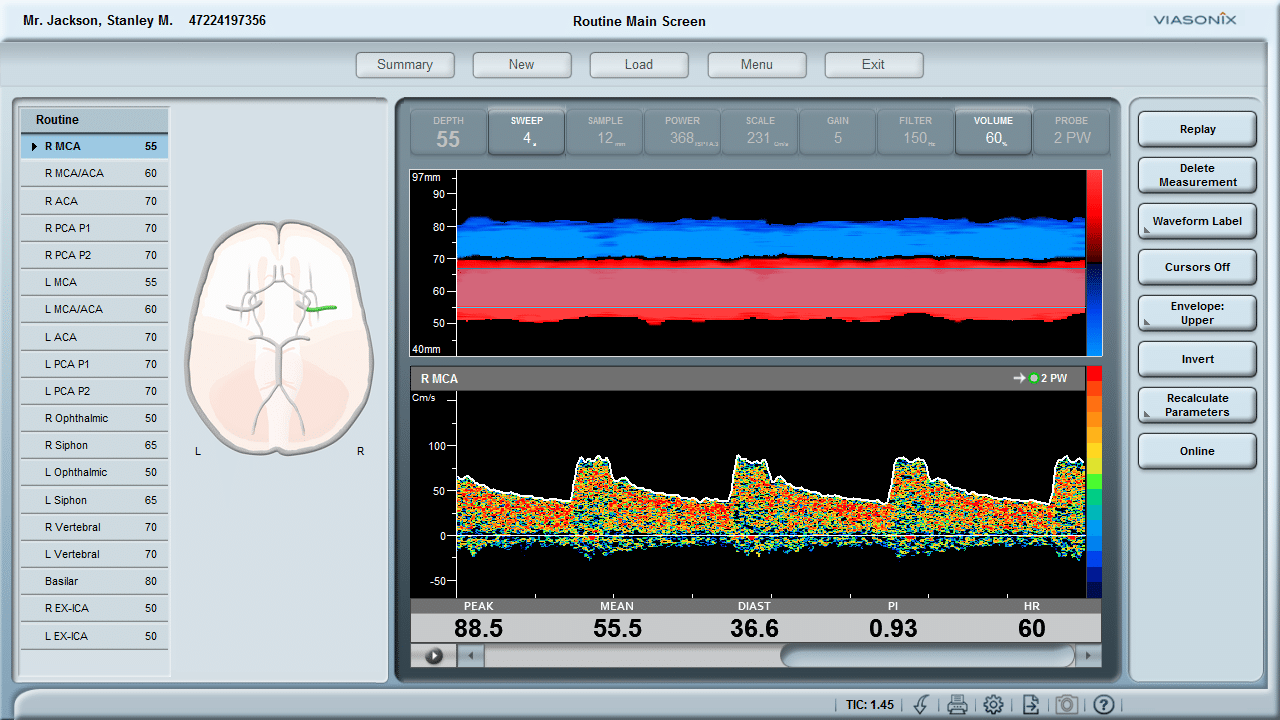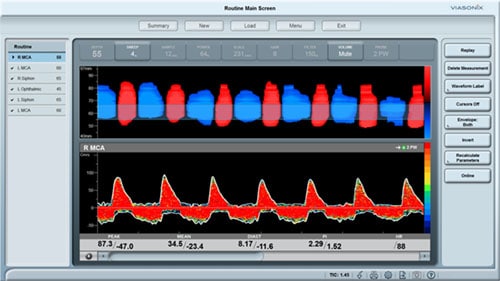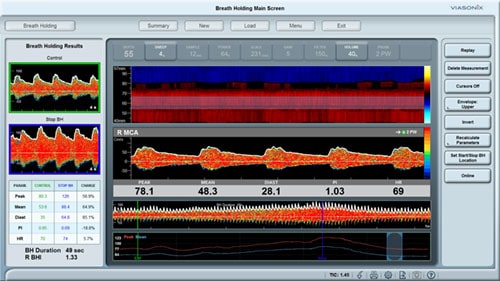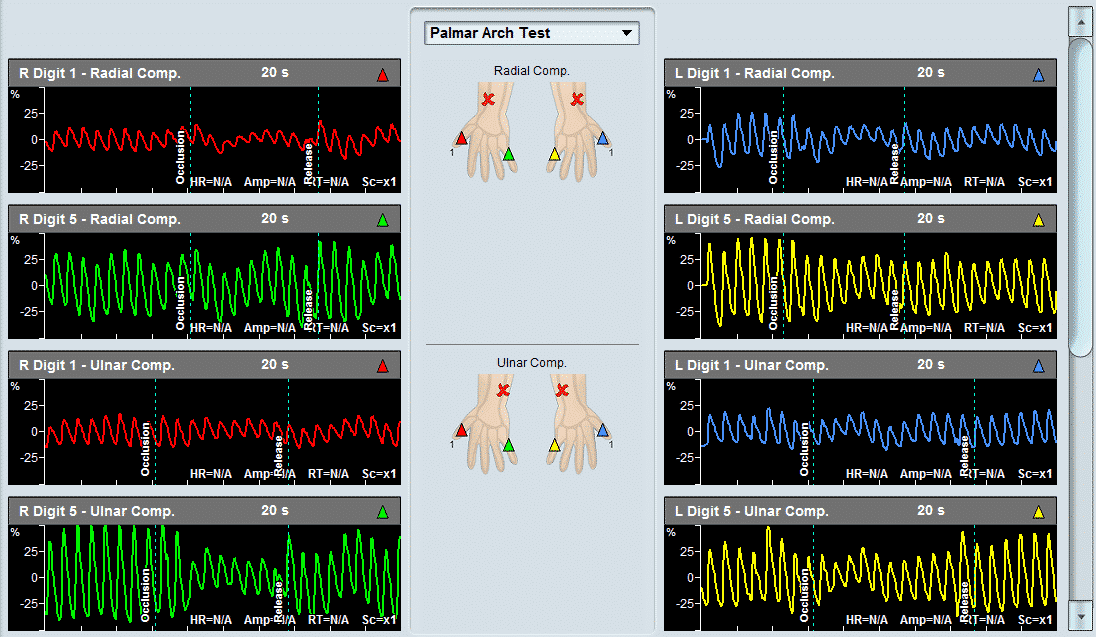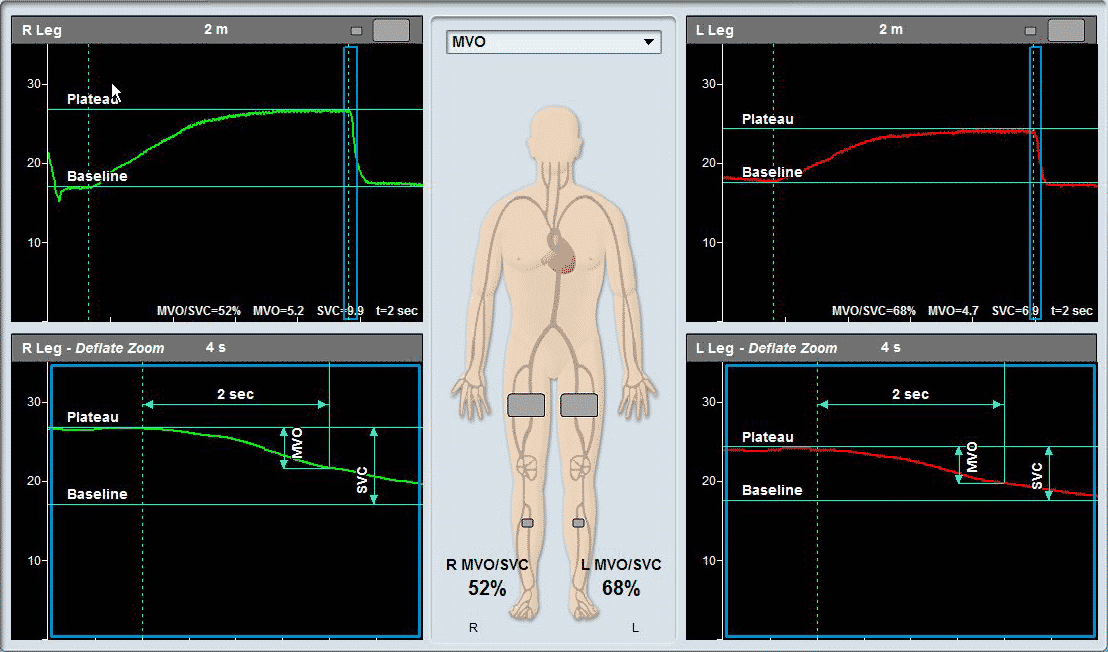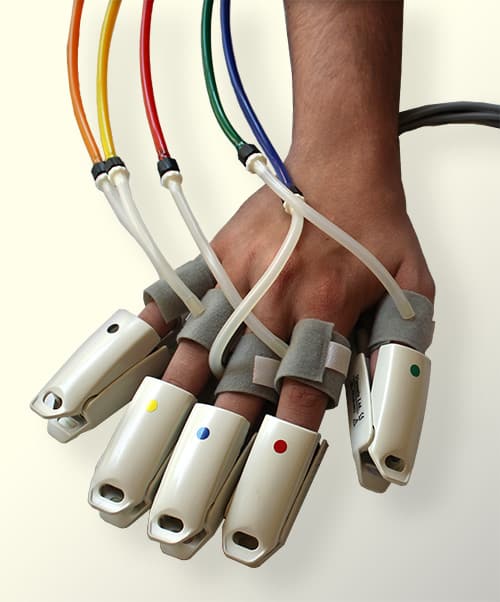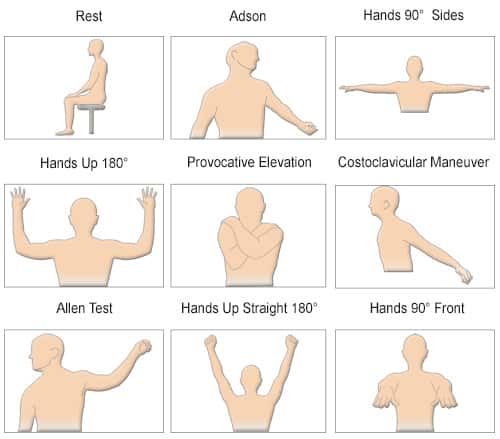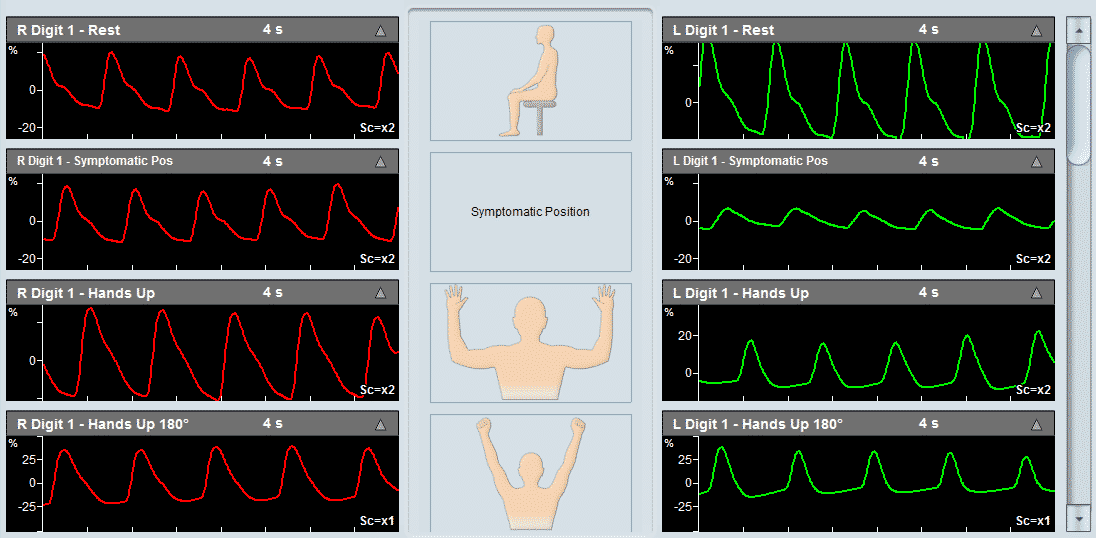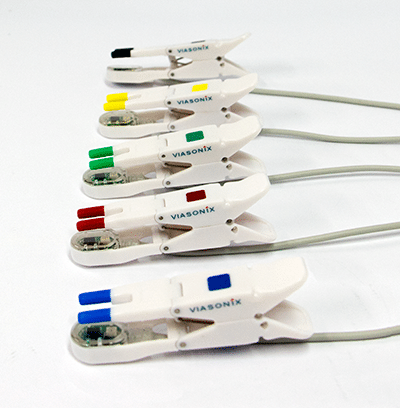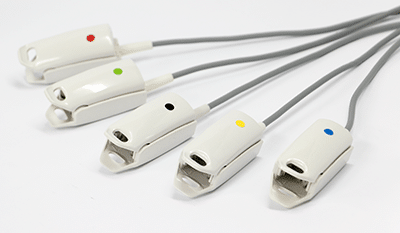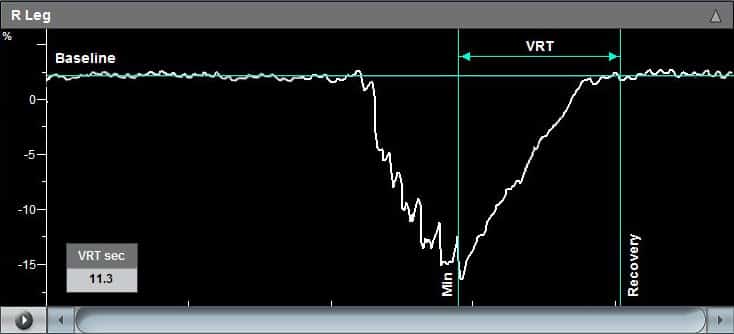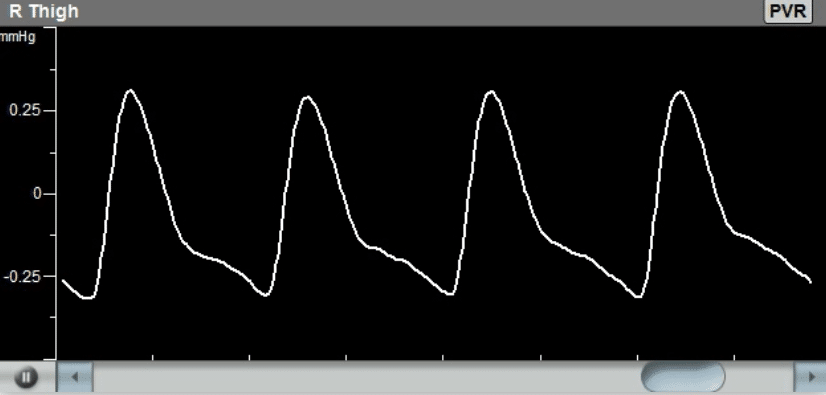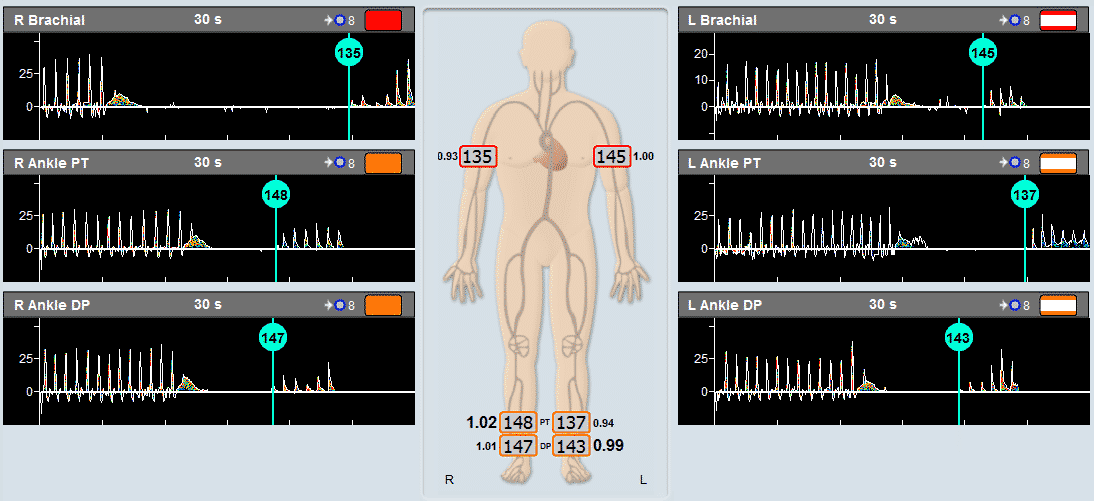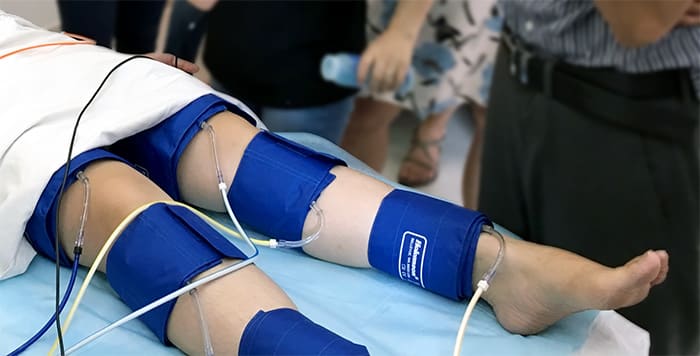Transcranial Doppler (TCD) is a non-invasive diagnostic tool that uses ultrasound waves to measure blood flow velocity in the arteries of the brain. MRI (Magnetic Resonance Imaging) is a non-invasive diagnostic tool that uses a powerful magnetic field and radio waves to produce detailed images of the brain.
Here are five potential reasons why TCD might be used instead of MRI:
- TCD is less expensive: TCD is generally less expensive than MRI, which can be an important factor for patients or healthcare systems that are cost-conscious.
- TCD is faster: TCD is a relatively quick procedure that can be performed at the bedside, while MRI can be a longer and more involved process that may require scheduling and travel to a separate facility.
- TCD is more portable: TCD equipment is often more portable than MRI machines, which can make it easier to use in remote or underserved areas.
- TCD is better for monitoring: TCD can be used to monitor changes in blood flow velocity over time, which can be useful for tracking the progression of a disease or the response to treatment.
- TCD is safer for certain patients: TCD is a non-invasive procedure that does not expose patients to ionizing radiation, which can be a concern for some patients, such as pregnant women or those with a history of cancer.
